History of Hideyuki Kasuga
The origins of the hide kasuga group can be traced back to the family hemp wholesale business established in 1896. From that time on, the Kasuga family has been in the business of handling "materials" while continuing to change with the times.
As the heir to a family business, I had a strong sense of crisis about Japan's manufacturing industry. The Japanese economy has been in a slump for what has been called the "lost 30 years. It can be said that this is the decline of Japan's manufacturing industry, which once led the Japanese economy. The technologies we need to live in the modern world have already become commoditized. As a result, Japan's technology-driven manufacturing is no longer globally accepted.
In order for Japan's manufacturing industry to compete globally in the future, it must create not only "functional value" through technology, but also "emotional value" through culture. For example, a single product must be able to tell a story about where it is made, where it is made, who makes it, its history and traditions, and how it harmonizes with nature. We believe it is important to create products that are not only convenient, but also meaningful.
Japan was originally known as a "materials powerhouse," and the technology and culture of "materials" are deeply rooted in our daily lives. We will leverage this soil to pursue new manufacturing possibilities that fuse technology and culture from Japan.
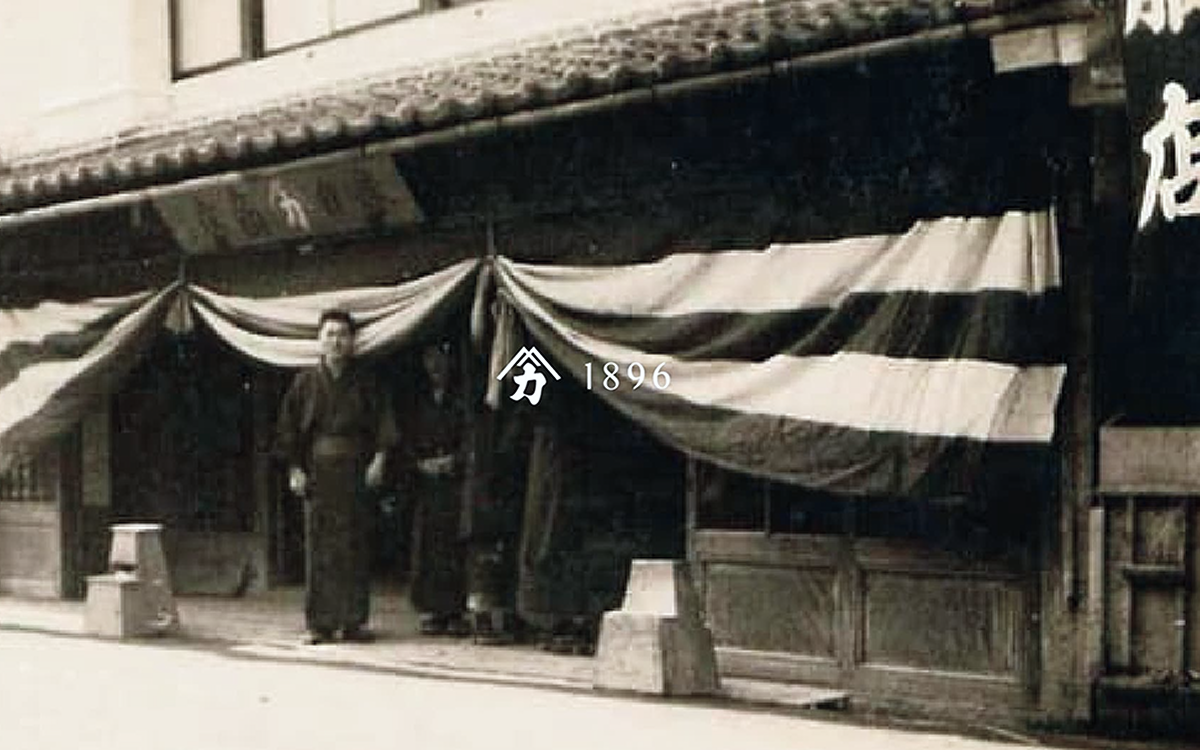
2021 modernism
In the past, Japan had a recycling-oriented society in Edo, a large city with a population of over 1 million. Paper and cloth were reused, human excrement and ashes were used for fertilizer, and urban waste was utilized in farming villages. This recycling-oriented philosophy is respected by experts around the world. We believe it is important for Japanese people to inherit this philosophy in order to create world-class products.
In this age of "2025," the world is now in need of a recycling-oriented society. The concept of "2025 modernism" that I advocate is to create a new lifestyle for a new era that is a fusion of the old and the new by combining this recycling-oriented philosophy that the Japanese have forgotten with the cutting-edge technology that Japan is proud of.
However, Japanese companies lag behind the rest of the world in their efforts to address environmental issues. Some say this is due to a decline in national power, but I believe the opposite is true. It is not that Japanese companies do not have the capacity to tackle environmental issues, but rather that they do not have the capacity to tackle environmental issues because they are not tackling them. It is time for Japanese companies to move on to a new stage by aggressively investing in the realization of a recycling-oriented society, rather than clinging to the technology-driven manufacturing that once made them the world's No. 1 manufacturers.
We embody this "2021 modernism" through our own brand, and we freely provide our know-how and technology to companies in the form of consultation. This is because we believe that Japanese companies have the potential to become global leaders in the recycling-oriented society.
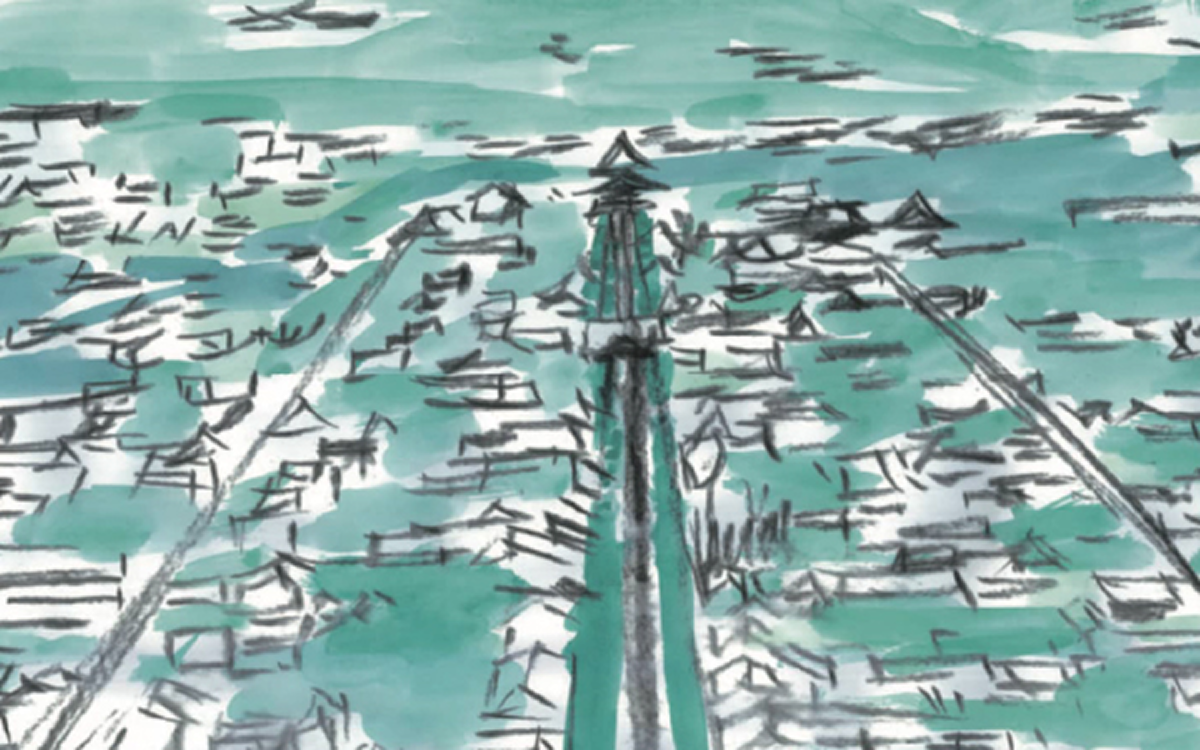
Philosophy of Beauty
I have a philosophy that "beauty is the result of the pursuit of function." I have a philosophy that beauty is the result of the pursuit of functionality. By pursuing function, forms naturally become simple and refined, and take on a universal beauty. This beauty makes sense mathematically, and it continues to be loved by many people throughout the ages.
As they are used over time and over long periods of time, they develop their own unique story, and acquire a value that is irreplaceable. This beauty not only enriches our lives, but also reduces waste and contributes to a sustainable world.
In other words, universal beauty leads to the enrichment of the earth. This is a very important concept in realizing a recycling-oriented society.
In addition, the longer we use beautiful things, the less we consume, and there is a surplus to be had. This surplus is used for personal investment in new experiences, re-learning, and socializing with family and friends. By doing so, the economy around you will also circulate.
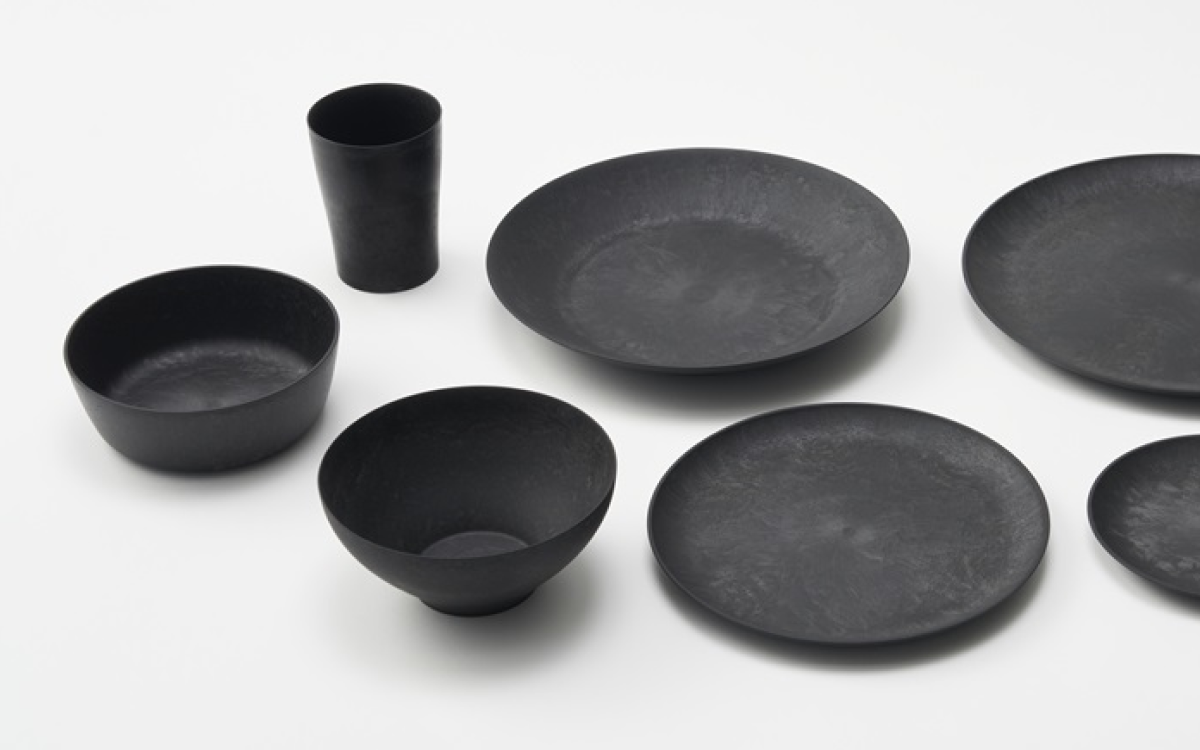
vision
We will of course continue to conduct our business based on recyclable materials, but we also hope to revive Japan as a "materials powerhouse" through such business. This is because I want to enhance the presence of Japan itself, the country where I was born and raised, in the world.
Japan has built the world's No. 1 position in "materials. Many of the world's best-known brand-name products use Japanese materials and components. In these respects, Japanese quality is indeed recognized around the world. However, I always feel frustrated that "Japan has not been able to create brands that take advantage of the quality of its materials.
It is difficult to generate large profits simply by supplying materials and parts. Unless a "brand" is created in Japan that ultimately reaches consumers, the Japanese economy will not be revitalized. We need brands that are loved around the world, just as Sony and Honda were in the past.
To use Japanese "materials" and fuse technology and culture to create a world-class brand from Japan. Isn't this what Japan should be doing in the future? I strongly believe in a future in which Japanese brands will once again attract global attention.
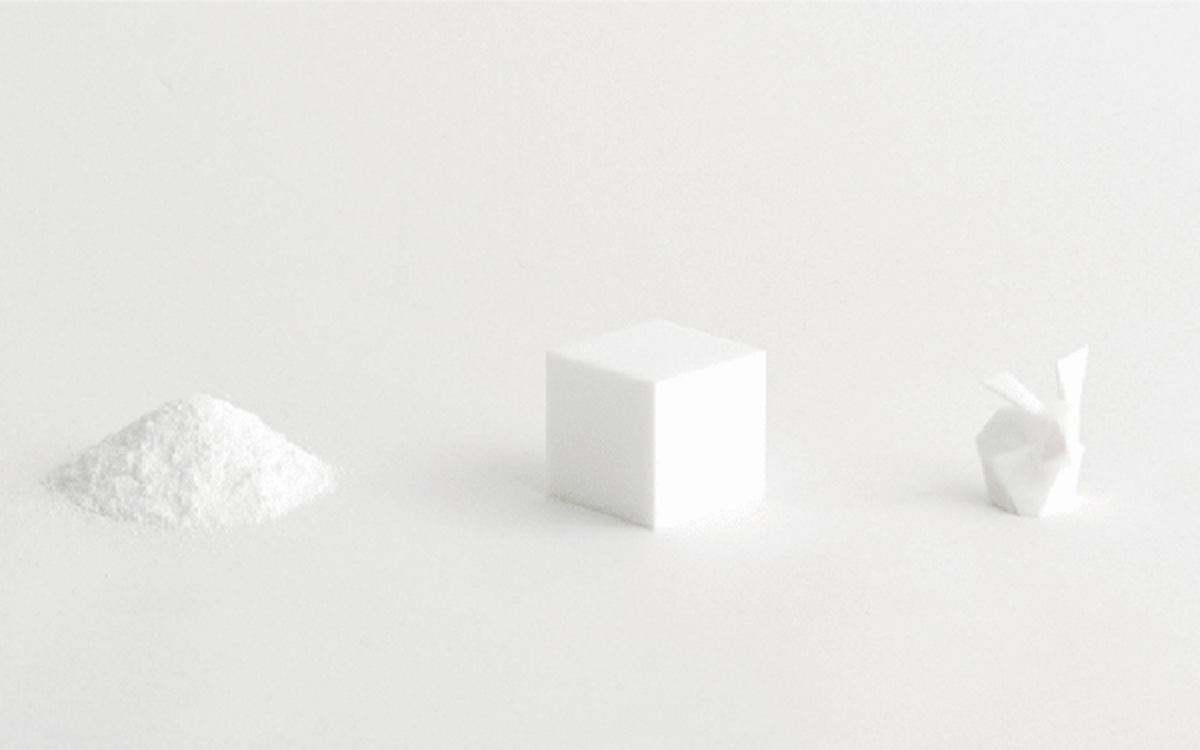
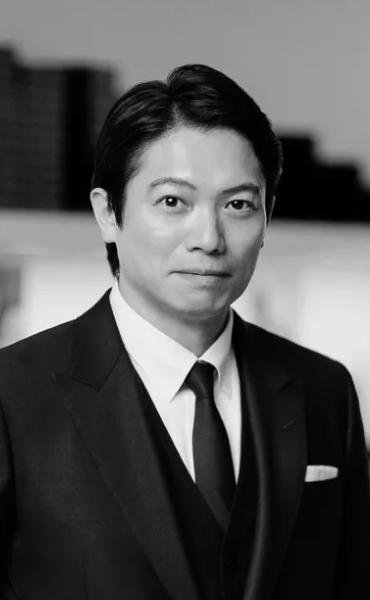
hide kasuga group President
Hideyuki Kasuga
Dr. Hideyuki Kasuga
かすがひでゆき。長野県生まれ。工学博士。CE(サーキュラーエコノミー)の構築を推進する「ヒデ・カスガ・グループ」代表。環境調和型ブランド「BLANC BIJOU PARIS®」「hide k 1896®」「TRANSWOOD®」の創業者兼オーナー。環境調和型の素材・プロダクトの開発から循環スキームの構築までサーキュラーエコノミーの社会実装をおこなっている。また、自社ブランドのノウハウを活用したサーキュラーエコノミー構築コンサルテーションを様々な企業に提供している。教育分野では信州大学特任教授、早稲田大学客員講師として人材育成に取り組んでおり、日本を基軸とした新旧融合型の生活様式「令和モダニズム®」の提唱者である。
かすがひでゆき。長野県生まれ。工学博士。CE(サーキュラーエコノミー)の構を推進する「ヒデ・カスガ・グループ」代表。環境調和型ブランド「BLANC BIJOU PARIS®」「hide k 1896®」「TRANSWOOD®」の創業者兼オーナー。環境調和型の素材・プロダクトの開発から循環スキームの構築までサーキュラーエコノミーの社会実装をおこなっている。また、「hide k 1896®」を活用したコンサルティング手法「ヒデ・ケー・メソッド」を様々な企業に提供している。教育分野では信州大学特任教授、早稲田大学客員講師として人材育成に取り組んでおり、日本を基軸とした新旧融合型の生活様式「令和モダニズム®」の提唱者である。
about hide kasuga group's consultation
